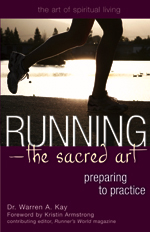Question: I need your help. I have always been active but lately, I just don't have the energy to do anything. I'm tired all the time, am experiencing various health issues (high blood pressure and my weight has skyrocketed) and seem to have lost my motivation. What do you suggest?
Answer: Well, to put it bluntly, it's called exercise. Exercise lowers blood pressure, reduces body fat and raises "good" cholesterol, lowers "bad" cholesterol improves blood flow, keeps intestines and the colon healthy and regulates key hormones.
The Sheboygan Press
I would suggest that you take a moment to think about how you felt when you were active and ask yourself what it will take to get you fired up to begin exercising again. To help you out, I have included some helpful tips:
1. DO: consistent cardio
The verdict is in: People who exercise almost daily really do keep ticking longer. Aerobic exercise such as walking, biking, jogging, and swimming protects your heart by lowering blood pressure, reducing "bad" cholesterol, and keeping arteries flexible to improve blood flow.
Suggested workout: 30 minutes, five days a week of moderate-intensity aerobic exercise. Work at a pace that allows you to talk freely; if you can sing, you're not exercising hard enough. To get started, choose an activity you enjoy and do 10 minutes, five days a week. Then increase by five minutes each week until you're doing 30 minutes at a time. Dividing your exercise into three 10-minute bouts throughout the day works, too.






